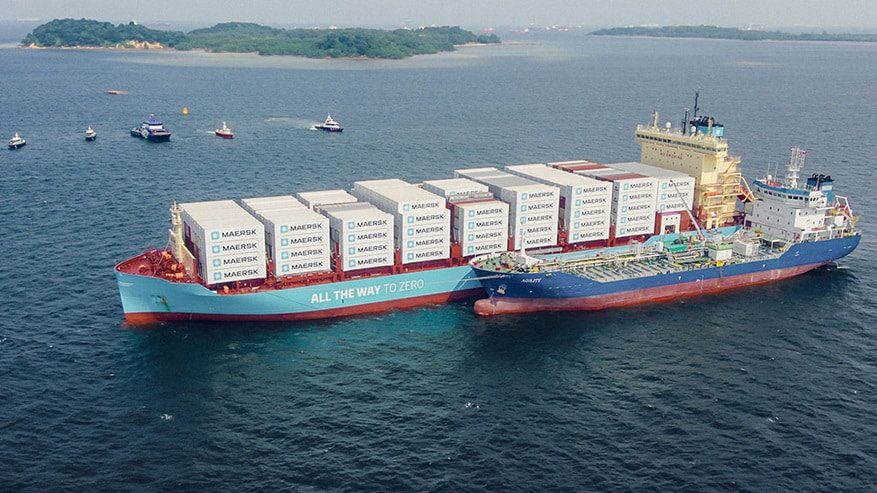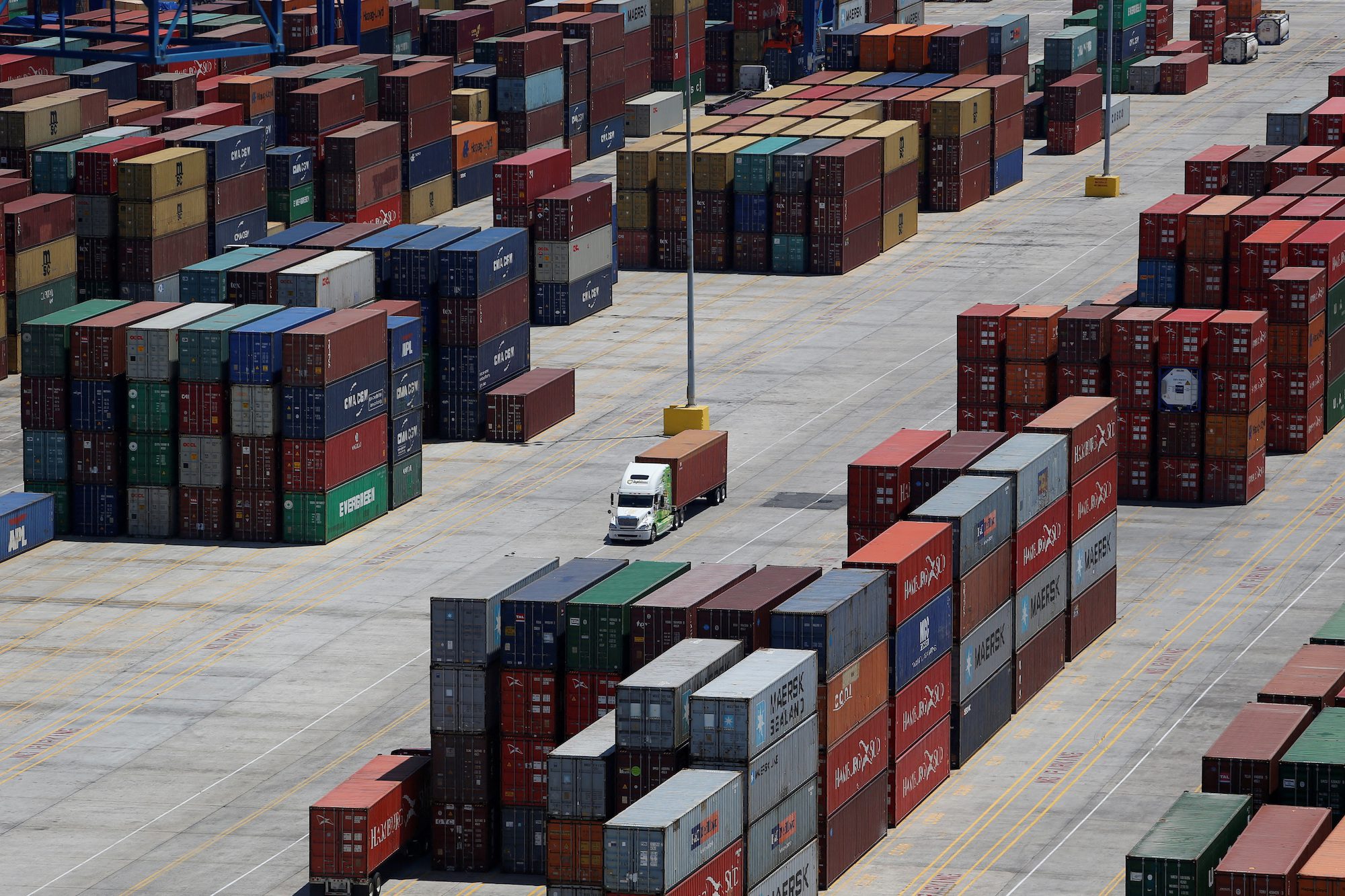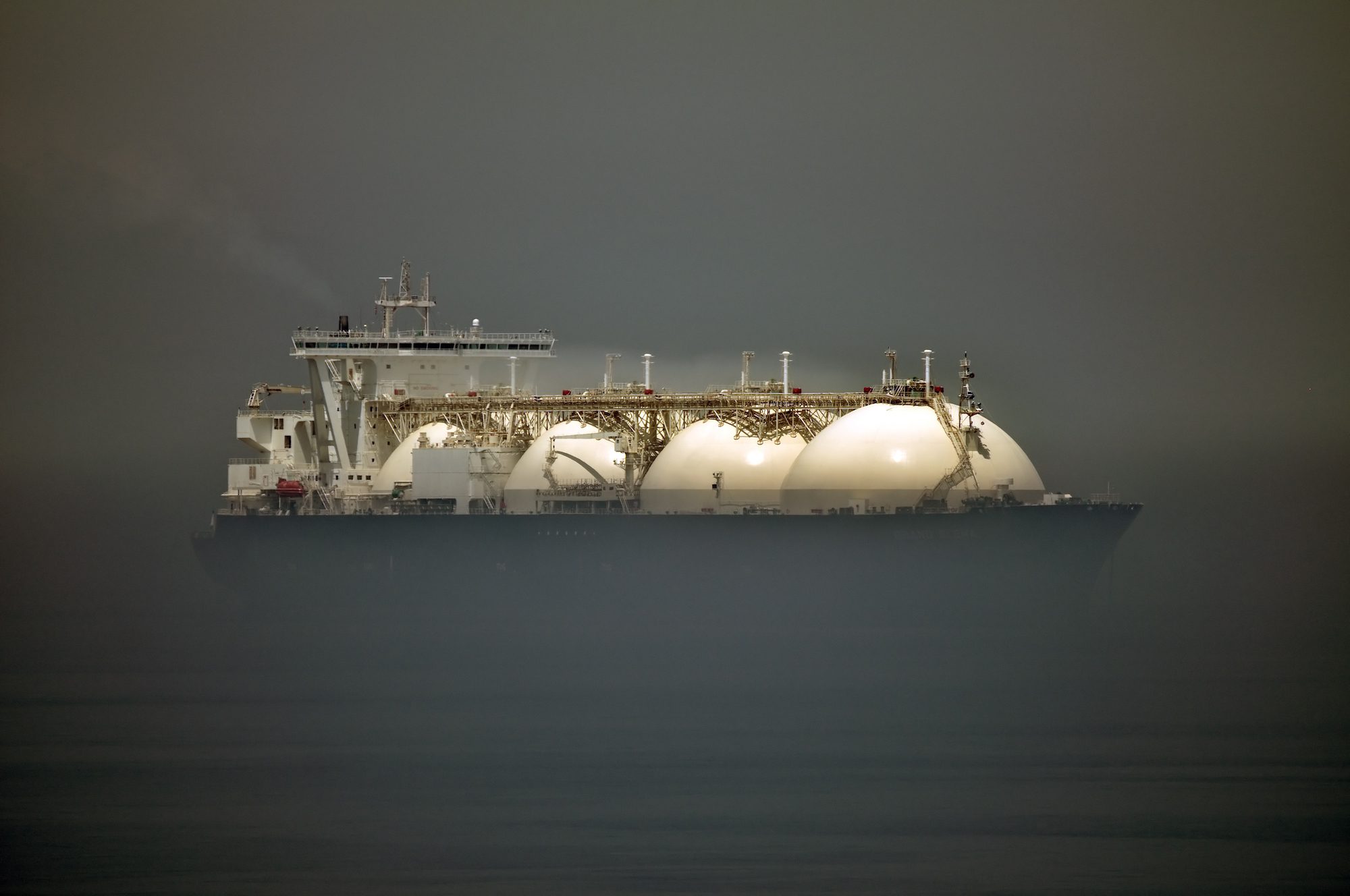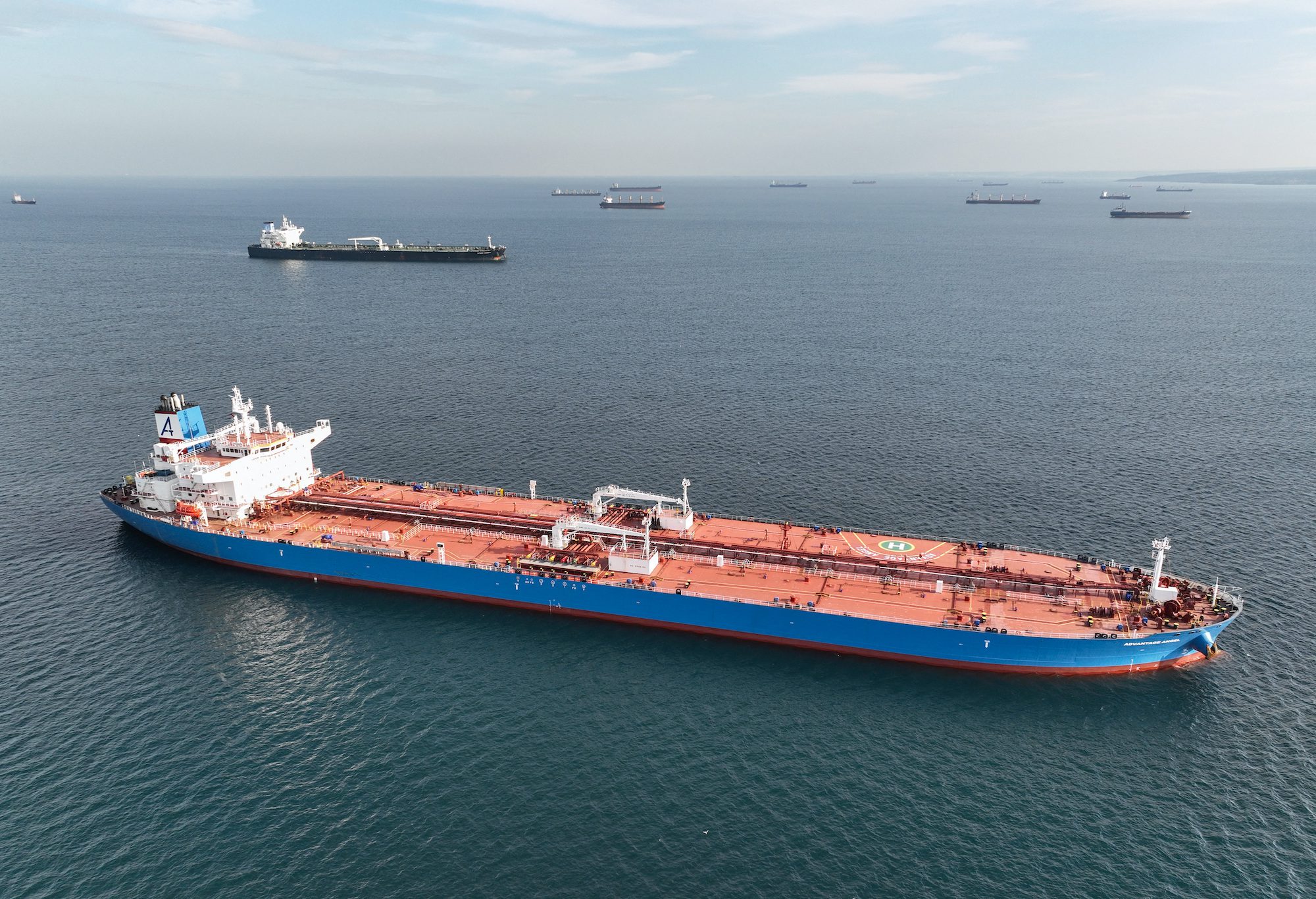A.P. Moller – Maersk (Maersk) and Norwegian energy major Equinor have signed an agreement on the supply of green methanol for Maersk’s new methanol-powered feeder containership.
The agreement covers the vessel’s initial months of operation, starting this month and into the first half of 2024. Under the agreement, Equinor will supply green methanol fuel to the ship with bunkering taking place in Rotterdam.
The 2,100 TEU capacity feeder ship is the world’s first containership capable of being powered by methanol. The ship will be named later this month in Copenhagen, at which point it will begin operating on a loop from Northern Europe into the Baltic Sea.
“Equinor is pleased to be partnering up with Maersk in delivering greener fuels to the marine industry. Equinor is an established player in the European methanol market through its production plant at Tjeldbergodden and we have ambitions to be a key provider of green methanol in the marine fuel segment,” said Alex Grant, Senior Vice President for the liquid commodity segment at Equinor.
The green methanol is a biomethanol made from biogas from manure. The biogas is upgraded to biomethane and injected into the existing gas grid, and the methanol is produced from the biomethane on a mass-balance basis. The European biogas certificate system is used to trace the attributes of the biomethane to the biomethanol and ensure no double-claims. The method can contribute to a greener gas grid and capture harmful methane emissions from manure feedstock. The biomethanol is ISCC EU certified according to the EU Renewable Energy Directive.
“We are very pleased to partner with Equinor, as it’s entering this business area. It is critical to get energy majors to the table and start supplying future fuels at scale,” said Rabab Boulos, Chief Infrastructure Officer at A.P. Moller – Maersk. “This is the form of engagement we need to continue accelerating the pioneering journey towards a green fuel economy for global shipping. With more than 100 methanol enabled vessels on order across the industry, the demand for green fuel production is rising and will continue to do so in the years to come.”
Long term, the feeder vessel will be fueled by e-methanol from a plant in Southern Denmark, operated by European Energy, which is expected to come on-stream in the first half of 2024.
Maersk aims to achieve net zero greenhouse gas emissions by 2040 and transport at least 25% of Ocean cargo using green fuels by 2030. The company plans to renew its entire fleet to operate solely on green fuelsand has 24 methanol vessels on order for delivery between 2024 and 2027. As a policy, Maersk will only orders new, owned vessels with a green fuel option.
Maersk defines ‘green fuels’ as those with low to very low GHG emissions over their life cycle compared to fossil fuels. The degree of reduction depends on the production pathway, with ‘low’ referring to 65-80% reductions and ‘very low’ referring to 80-95% reductions.

 Join The Club
Join The Club











